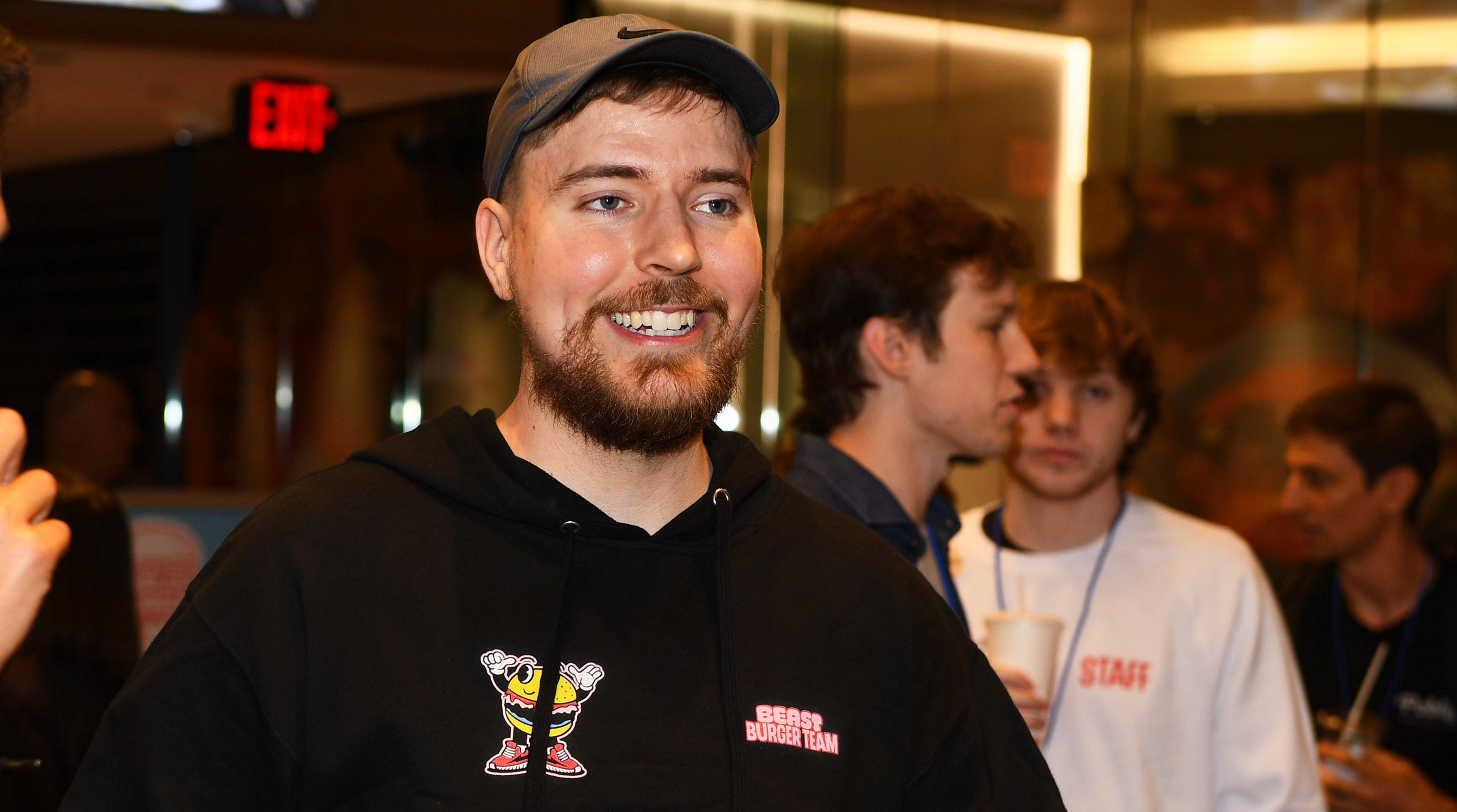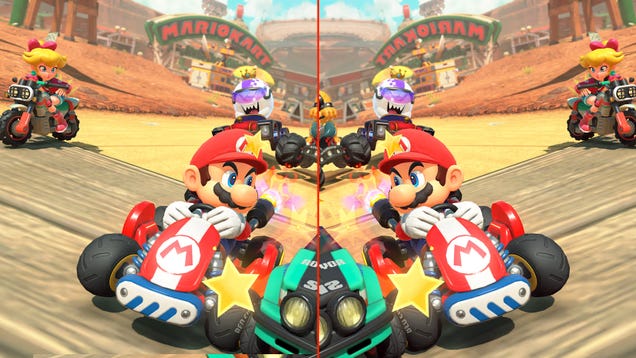
The YouTuber says the venture's harming his reputation and wants the business closed entirely.
YouTube megastar James ‘MrBeast’ Donaldson has filed a lawsuit against the company he partnered with to launch MrBeast Burger, a business venture that began selling fast food in December 2020 using the influencer’s brand. The MrBeast Burger concept operates using so-called ghost kitchens, which is where a company sells the menu item online but then the order is fulfilled by a partner restaurant supplied with the branded accoutrements of packaging etcetera: or so the theory goes.
MrBeast’s suit alleges that Virtual Dining Concepts, the Florida company he partnered with for MrBeast Burger, has been delivering food of terrible quality, so bad it’s often “raw” and “inedible”, and has been unwilling to engage with or act upon his complaints (thanks, Bloomberg). It says that the company put rapid expansion above product quality, that MrBeast’s reputation has been damaged by his association with the burgers, adds that the YouTuber has apparently not been paid “a dime”, and requests that the court grant MrBeast the right to “terminate” the whole enterprise.
Virtual Dining Concepts was co-founded by former Planet Hollywood executive Robert Earl, and the MrBeast Burger idea was a beneficiary of the unexpected coronavirus pandemic: with restaurants and kitchens desperate to find revenue streams to keep them afloat, a huge brand bringing you countless delivery orders for fairly basic menu items is a winning concept. The MrBeast Burger website will let you order one right now, although you’re about to find out why you shouldn’t.
MrBeast’s lawsuit says a million burgers were sold in the first three months and, by 2022, there were 1,700 restaurants signed-up to the venture. Rather unbelievably it also claims that selling burgers was all part of MrBeast’s “philanthropic mission”, before getting to the meat of the complaint:
“[MrBeast] expected that his fans would be the recipients of excellent customer service and a superior branded food product. Unfortunately, however, because Virtual Dining Concepts was more focused on rapidly expanding the business as a way to pitch the virtual restaurant model to other celebrities for its own benefit, it was not focused on controlling the quality of the MrBeast Burger customer experience and products.
“This is despite numerous objections by MrBeast, whose complaints about quality control fell on deaf ears. As a result, MrBeast Burger has been regarded as a misleading, poor reflection of the MrBeast brand that provides low-quality products to customers that are delivered late, in unbranded packaging, fail to include the ordered items, and in some instances, were inedible.”
The lawsuit further claims that MrBeast’s image has been used by Virtual Dining Concepts without his permission, and that the company has registered trademarks involving the brand that they were not entitled to. But it’s the abysmal quality of the product that the suit keeps returning to, with a huge batch of customer reviews included as an addendum and suggesting food safety and quality problems that are endemic.
Some of them read like short stories, such as the experience of Mary Leukemeyer: “A black bug came out of my chicken sandwich. I pick it out and threw it in my sink and it made a thud sound. I am so upset, I threw this $18 sandwich in the trash!!!”
“The quality of this is literally garbage I wouldn’t even give it to my dog,” said a Yelp review by one Alexis R. cited in the suit. Nicholaus H. wrote “worst worst hamburgers and on top of that we only ate them about 4 hours ago and we all are starting to fill [sic] a little sick.”
Quick roundup of review headlines: “Raw chicken”, “Salmonella sandwich”. “Worst burger I’ve ever had”, “please just go to McDonalds”, “unacceptable as food”, “my 7 year-old ate MrBeast’s raw chicken”.
“The burgers were barely cooked,” said Lindsay K. alongside a photograph of a very pink-looking burger. “Such a waste of time and money. Silver lining: the kids seem less excited to watch Mr. Beast so maybe I’ll get some relief from that show.”
While we can all sympathise with Lindsay’s sign-off, her one-star review does amply illustrate one of the lawsuit’s main thrusts: this food is being cooked and delivered so incompetently that it’s harming MrBeast’s wider reputation. This is also part of a clear thread in the lawsuit, which is that a lot of the complaints are from parents who finally gave in and bought one for their kids as a long-awaited treat and were shocked at the low quality of the product.
“To be clear, while this business has made millions of dollars, MrBeast has not received a dime,” emphasises the lawsuit. It says Virtual Dining Concepts has done irreparable harm to MrBeast’s reputation and, amazingly enough, goes straight for the jugular: MrBeast is seeking “a judicial declaration that he has the right to terminate the MrBeast Burger business […] if the MrBeast Burger virtual business cannot provide the highest level of service and products to its customers, then it should not continue.”
Yep, MrBeast is done with burgers. The suit also asks that the court open up the accounts of the business, award the YouTuber what he’s owed, plus damages on top of that: but it’s the request to shut down the business entirely that shows how serious this is.
I’ve contacted Donaldson’s representatives and Virtual Dining Concepts for comment, and will update with any response. But unlike its own products, MrBeast Burger may be cooked.



